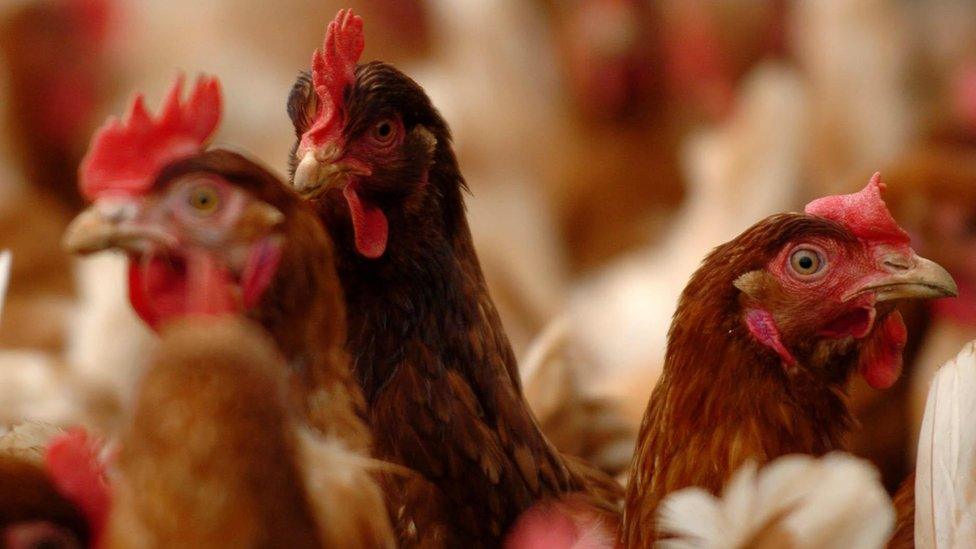Isle of Man bird flu surveillance zone closed
- Published
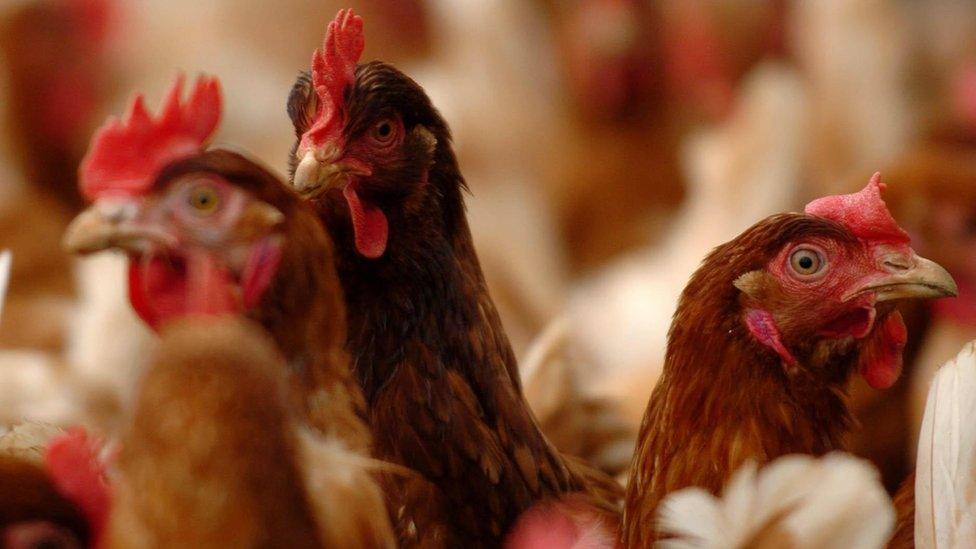
No new cases have been found in kept birds on the island
The Isle of Man is no longer classed as an infected area for bird flu, the Department of Environment, Food and Agriculture has confirmed.
A 6.2 mile (10km) surveillance zone had been in place in the west of the island since December.
It followed a confirmed case of the high pathogenic H5N1 strain of the virus in poultry in Patrick.
Rules on biosecurity and the movement of poultry from the area have been lifted after no new cases were found.
It means there are now no avian influenza zones on the island.
The zone had covered Glen Maye and parts of Peel and Dalby and meant that birds had to be housed or kept isolated, and any movement had to be licensed by a veterinary inspector.
'Significant risk'
The latest declaration follows last week's lifting of a 1.9 mile (3km) radius control zone put in place around the infected premises.
However, the government's chief vet Amy Beckett said there was "still a significant risk of further cases this winter".
She urged keepers of poultry and other captive birds to continue to house their birds where possible or otherwise keep them separate from wild birds.
Wild birds should be prevented from accessing food provided for captive birds, and keepers of birds and those who come into contact with them should cleanse and disinfect their footwear, she added.
The December outbreak had marked the first time the virus had been found in kept birds on the island since January 2022.
It also followed a large outbreak of avian flu in wild geese at the Point of Ayre in October.
The UK recently experienced its largest outbreak on record.

Why not follow BBC Isle of Man on Facebook, external and Twitter, external? You can also send story ideas to IsleofMan@bbc.co.uk, external
Related topics
- Published29 December 2022

- Published31 October 2022
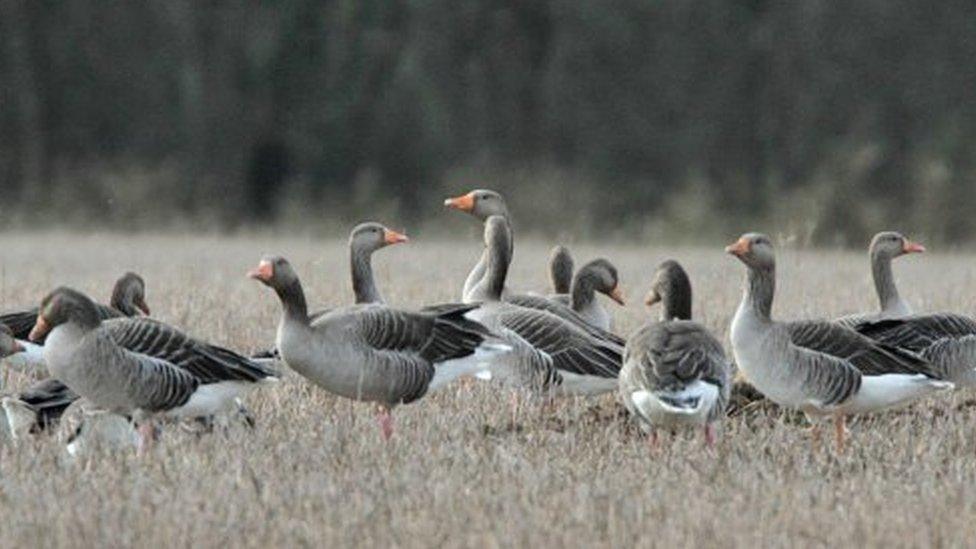
- Published19 October 2022
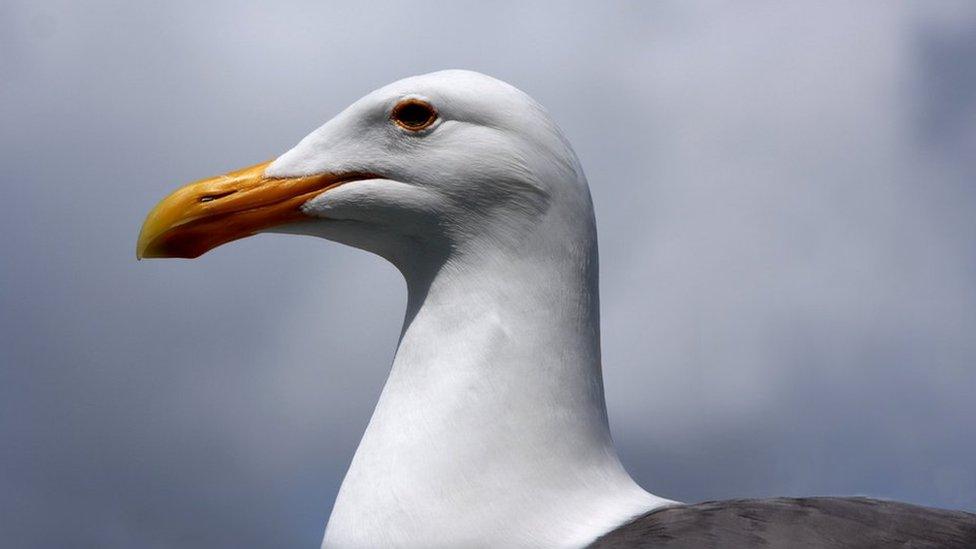
- Published12 August 2022
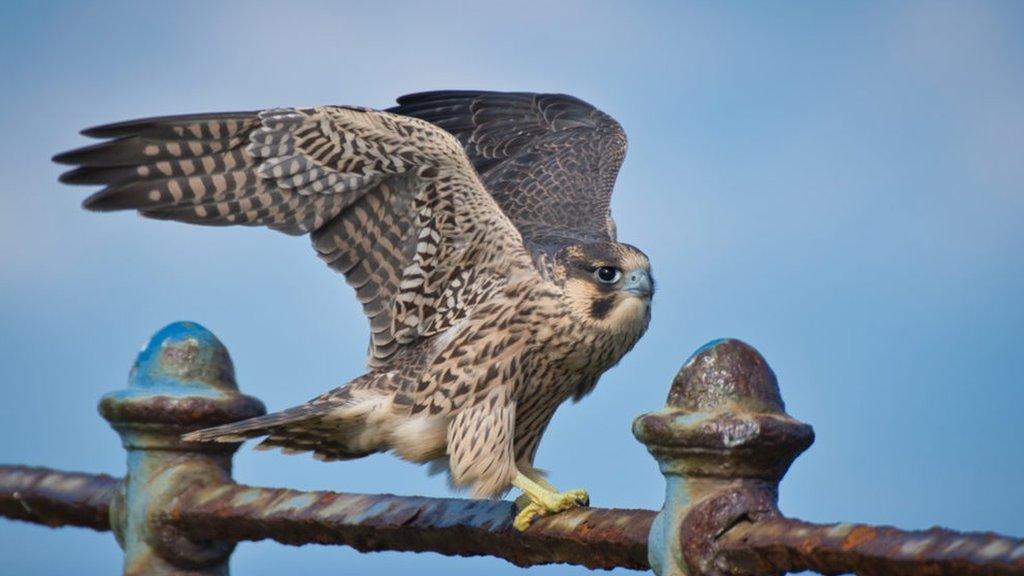
- Published22 July 2022
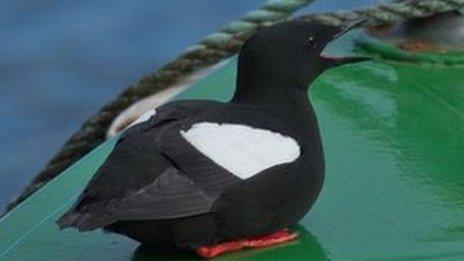
- Published17 November 2022

- Published21 February 2022
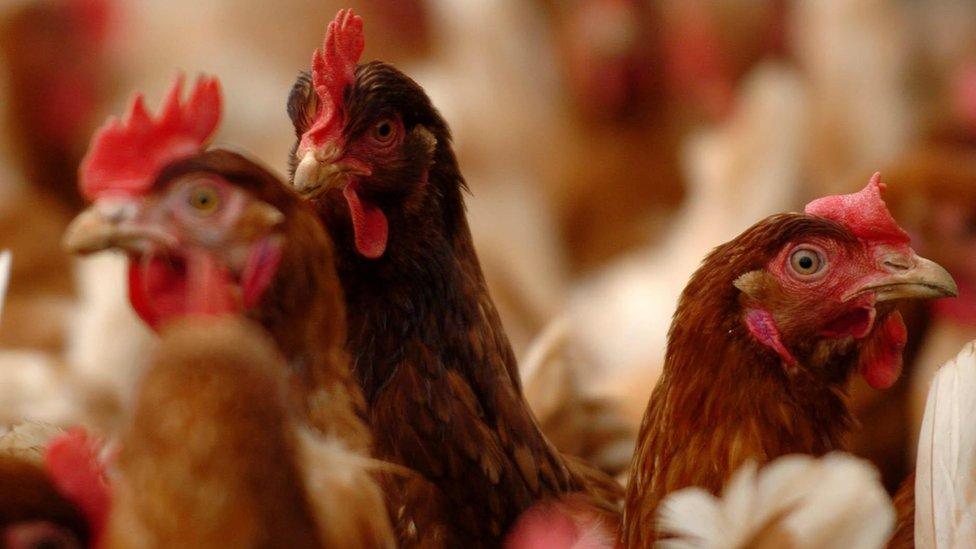
- Published14 February 2022
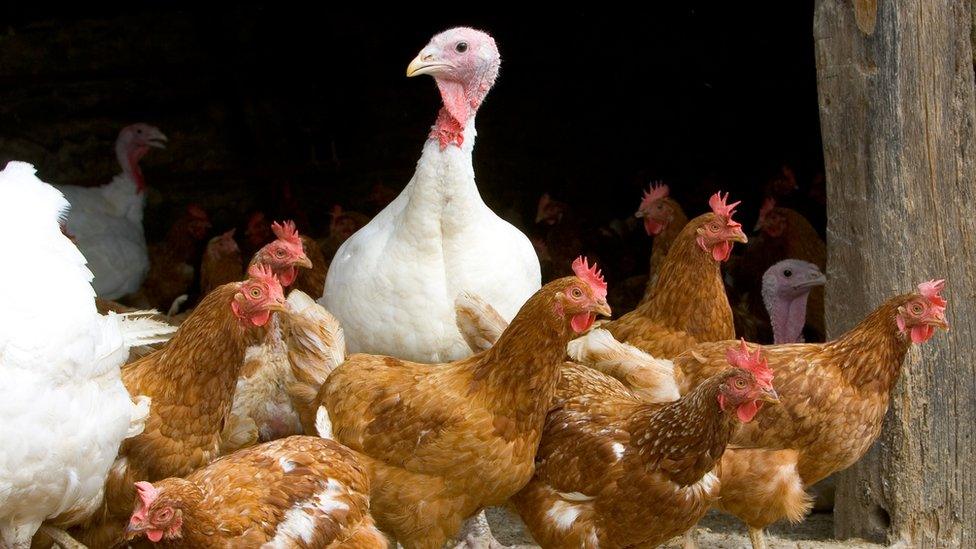
- Published4 February 2022
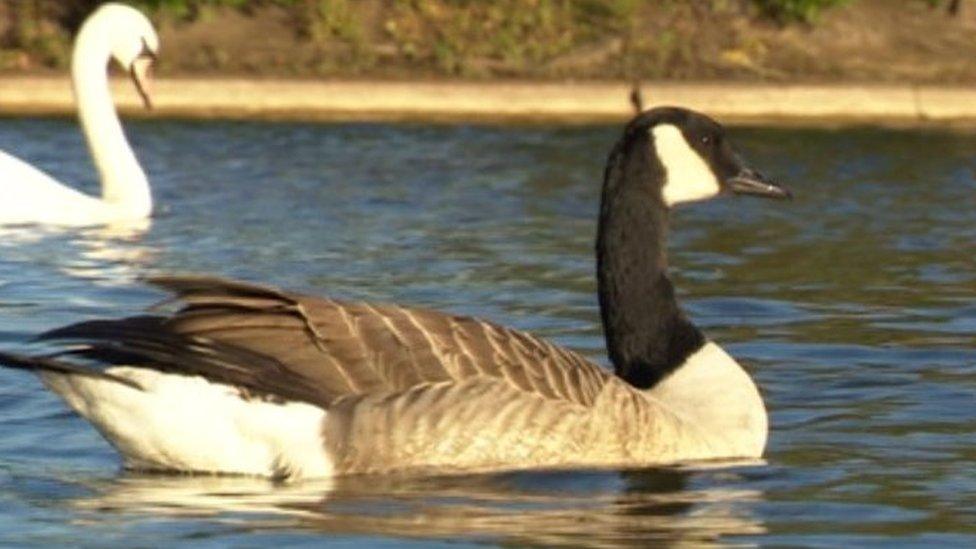
- Published21 January 2022
